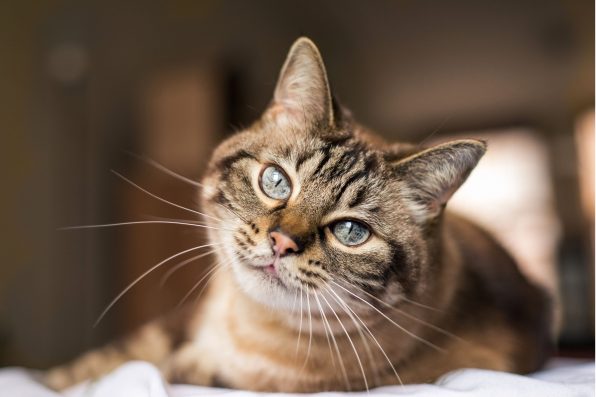Cats have a reputation for being less emotional than dogs. Although their displays of emotional expression may not be as obvious as dogs, which include vigorous wagging of tails and jumping excitedly on people to greet them, they are still capable of experiencing a wider range of emotions than you might think.
Grief is well-documented in dogs, humans, and other historically social species, including primates, corvids, and marine mammals like whales and dolphins.
They have all been observed to adjust their behavior when one of their own dies. They might carry around dead offspring for days, stay next to the body, or even participate in some form of burial practice.
New research shows that cats may grieve the loss of a fellow furry friend. Researchers from Oakland University in Michigan investigated whether felines mourned the death of another animal in their shared household. In their study, they analyzed the behavior of 452 cats after a companion died.
The researchers determined that the cats displayed behaviors typically associated with grief, such as seeking more attention, reduced appetite, and engaging in less playtime. The strength of the bond between the animals, how much time they spent together, and their daily interactions all contributed to the signs of distress they exhibited.
The cat’s wild ancestor was a mostly solitary creature, unlike typical social species. However, domestication has altered their behavior, allowing them to live in groups and form social connections.
“It made me a little more optimistic that they are forming attachments with each other,” said Jennifer Vonk, a co-author of the study and a professor of psychology at Oakland University.
The research team noted that the study relied on observations from owners, which presents a limitation because their observations may be influenced by their own grief and emotional state.
There is another explanation for behavioral changes that are perceived following the death of a companion. A deceased animal can signal that danger is afoot, causing pets to respond in terms of safety precautions rather than grief.

Sign up for Chip Chick’s newsletter and get stories like this delivered to your inbox.


